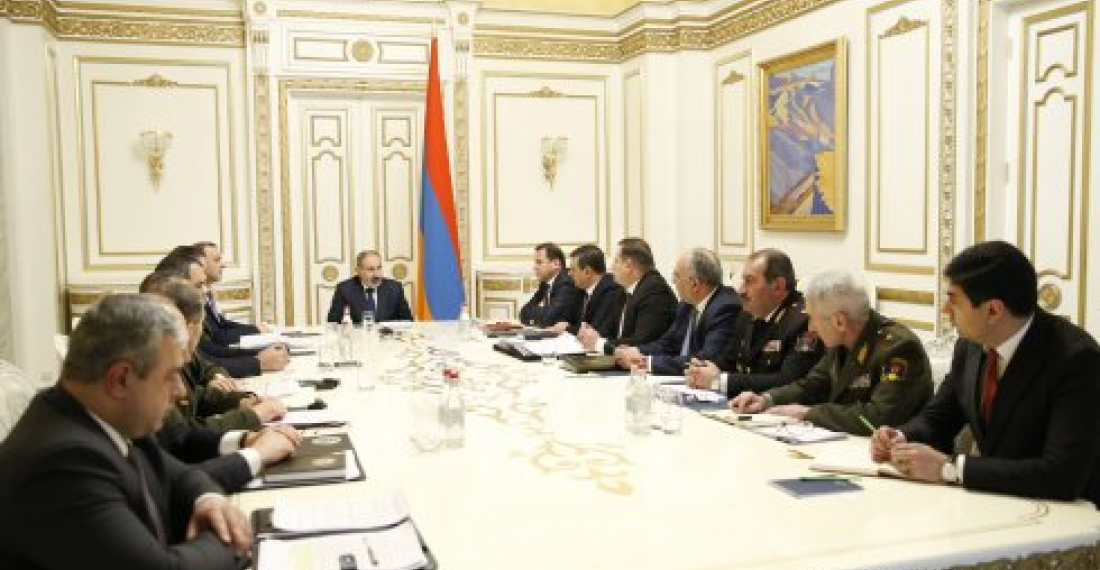Armenian prime minister Nikol Pashinyan, on Monday (17 February) convened a meeting of his senior military and security officials to discuss a spate of non combat deaths in the Armenian Armed Forces. The deaths have caused considerable unease in the public, in a country where the army is generally held in high regard.
"The circumstances and causes of the death cases that have taken place recently in the Armed Forces were addressed in detail. Those in-charge reported about the process of the initiated criminal cases. Prime Minister Pashinyan prioritized the solution related to the criminal subculture and discipline in the Armed Forces and underscored the need to implement coherent measures in the direction of sharply raising the level of discipline, issuing respective directives to those in-charge," the Prime Minister's Office said in a statement issued after the meeting.
In the meantime, the Armenian Army General Staff also issued a statement in which they gave some more detail of what has been going on. The statement said,
"Out of the 13 deaths of servicemen (fixed-term and contractual servicemen, officers) recorded in the Armed Forces between January 1 and February 17, 2020, 4 were caused by accidents, 4 were linked to circumstances not connected to military service (disease, personal matters), and there are criminal cases instituted in regard to the remaining 5 (circumstances are being clarified).
The statement added, "the General Staff of the Armed Forces of the Republic of Armenia urges the media, public and political figures, experts and "analysts" to refrain from speculating the deaths in the army and calls on the public to avoid reading misinformation and follow the official news in order to not be manipulated."
source; commonspace.eu with agencies
photo: Prime Minister Nikol Pashinyan meeting senior military and security officials on 17 February 2020 (picture courtesy of the press serviuce of the president of Armenia).







